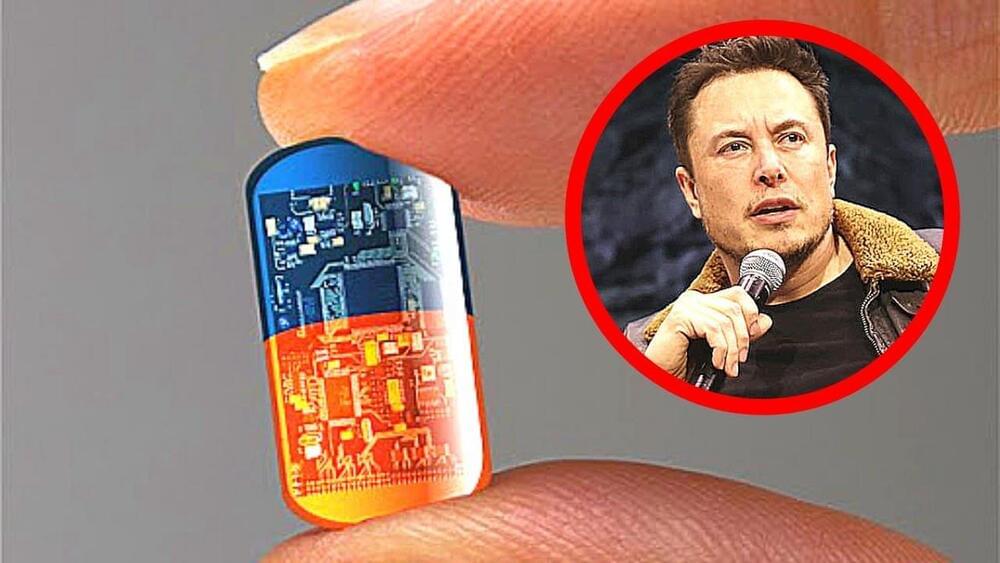Nov 12, 2021
Varjo’s Unique Masking Tool Lets You Bring the Real World into VR
Posted by Shubham Ghosh Roy in categories: augmented reality, virtual reality
Varjo’s XR-3 headset has perhaps the best passthrough view of any MR headset on the market thanks to color cameras that offer a fairly high resolution and a wide field-of-view. But rather than just using the passthrough view for AR (bringing virtual objects into the real world) Varjo has developed a new tool to do the reverse (bringing real objects into the virtual world).
At AWE 2021 this week I got my first glimpse at ‘Varjo Lab Tools’, a soon-to-be released software suite that will work with the company’s XR-3 mixed reality headset. The tool allows users to trace arbitrary shapes that then become windows into the real world, while the rest of the view remains virtual.
















